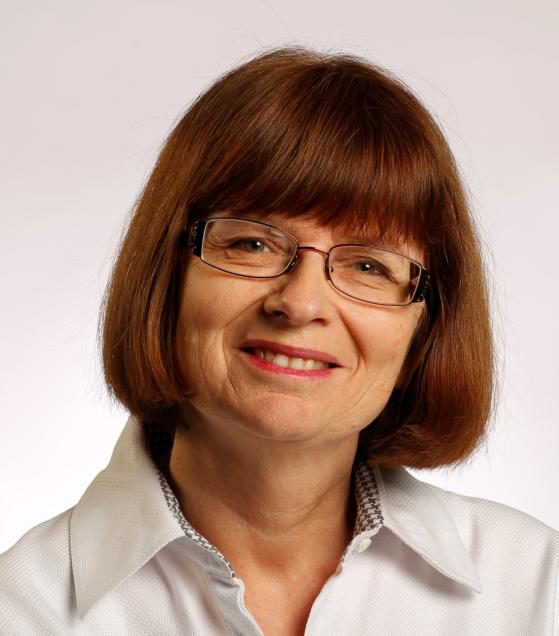Globe Public editor: Just the facts … plus some analysis
Because of social media (where everyone has an opinion) and the explosion of online news tips and briefs (where many know the basic facts), the role of reporters is evolving. Their challenge is to help readers better understand what is happening – but also to add value by explaining why, writes The Globe and Mail's public editor Sylvia Stead.
 By Sylvia Stead, public editor of The Globe and Mail
By Sylvia Stead, public editor of The Globe and Mail
I occasionally hear from readers who are concerned that journalists are veering more toward commentary than old-fashioned, just-the-facts reporting.
For example, a recent news piece covered Toronto Police Chief Bill Blair’s comments after the shooting of Sammy Yatim, including a line suggesting that the chief was facing a “crisis of public confidence.”
To me, that’s a fair observation by the writer, analytical rather than personal opinion, but it raises a great issue.
Because of social media (where everyone has an opinion) and the explosion of online news tips and briefs (where many know the basic facts), the role of reporters is evolving. Their challenge is to help readers better understand what is happening – but also to add value by explaining why. That means using critical thinking skills and observation. And tapping the experience and knowledge they have gained covering a subject or a place.
[node:ad]
Related content on J-Source:
- Ontario Press Council to hold hearings on Star, Globe stories on Ford family
- CBC Ombudsman: The aftermath of the acquittal of George Zimmerman
- Globe Public editor: How government tries to define the news agenda
Where does objectivity fit in, then? Jeffrey Dvorkin, a journalism professor at the University of Toronto (Scarborough), says that for many reporters, the “worst fear is being accused of bias.” But sometimes they can go too far trying to prove their distance from a story. “In the process, we have lost our ability to both bear witness and to draw reasonable conclusions,” he says. The way forward, he believes, is to keep reporting, but also to build on that to analyze events.
I agree. Great journalism demands more thinking – as well as the bravery to stand behind earned expertise and insight. There is, however, a difference between analysis and commentary. Analysis is based on either past or current reporting. It is fair and balanced, explanatory rather than opinionated. Comment is generally from a strong point of view, a sort of one-sided argument.
To continue reading this column, please visit theglobeandmail.com, where it was originally published.
Tamara Baluja is an award-winning journalist with CBC Vancouver and the 2018 Michener-Deacon fellow for journalism education. She was the associate editor for J-Source from 2013-2014.

